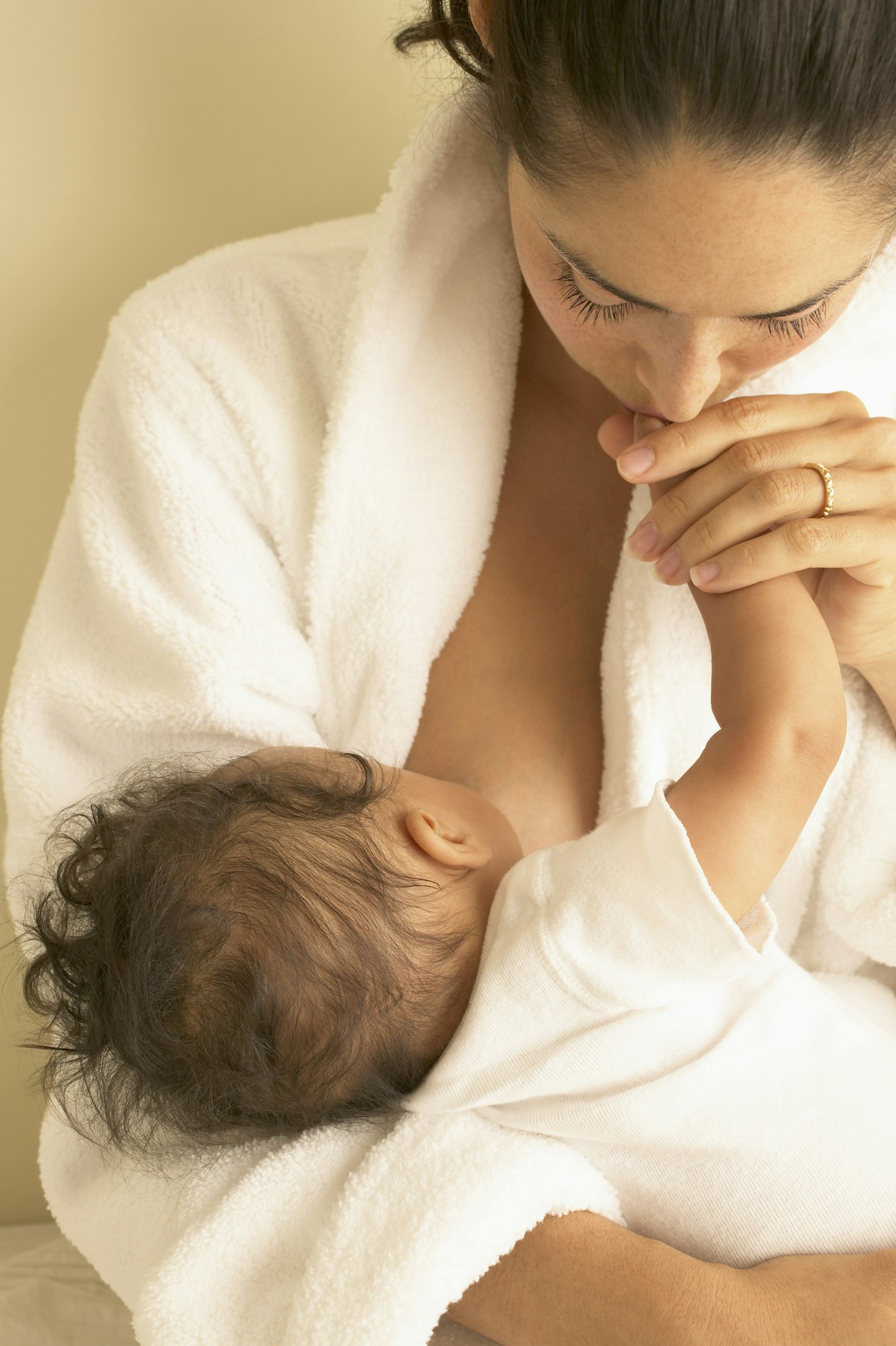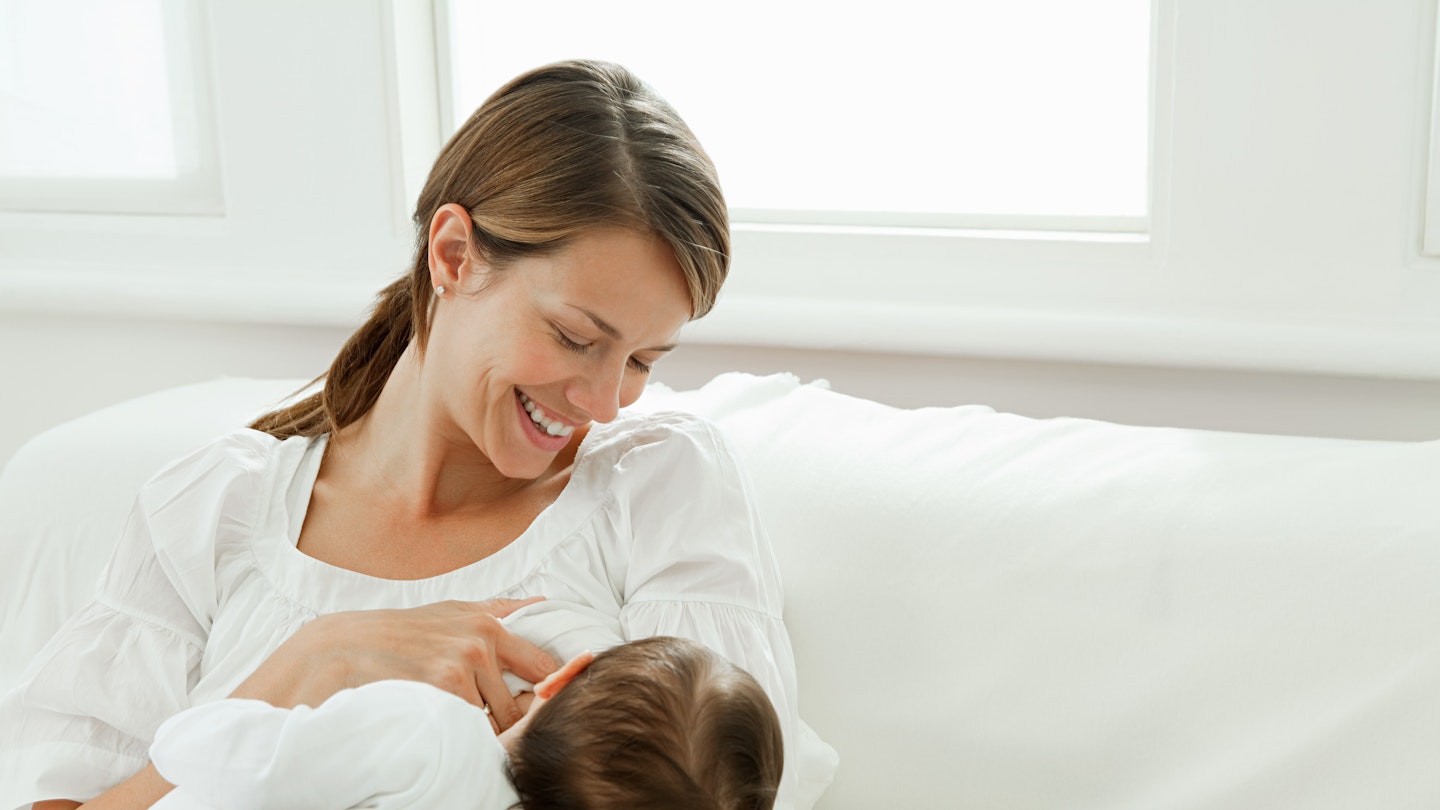A recent report found only 1 in 200 women in the UK breastfeed their children after they reach their first birthday. This is the lowest rate in the world.
The NHS advises that women should feed their babies exclusively with breast milk until they are at least six months old, and then continue breastfeeding for another 18 months, while gradually introducing other food.
“We have known that breastfeeding rates aren’t great in the UK for a long time,” said Amy Brown, a GP and member of the department of public health.
“We have about 80% of women starting breastfeeding at birth, but by the end of the first week, over half of those babies have had formula in some way.”
With only 2% of women unable to breastfeed because of a physical problem or because of medication that they are on, other reasons include public attitudes, lack of support from others and embarrassment.

Taking to the stage at the British Science Festival this week, Amy said that not enough was being done to support mothers new to breastfeeding, with cuts affecting funding for breastfeeding peer support groups, as well as cuts to midwife services and the NHS, all limiting help for new mothers.
Amy also criticised aggressive advertising by formula companies and negative perceptions of breastfeeding in public, telling the conference that we live in a country in which breastfeeding is seen as “unnecessary, weird and sexual.” leading to nursing women being thrown out of shops and cafes.
“Babies have to breastfeed in public - it’s called eating,” she said.
Pressures on women to return to their pre-baby lives also contributes. “New mothers face significant social pressure to ‘get their lives back’ quickly after having a baby – by socialising, getting back in their jeans and keeping their partner happy – which can make breastfeeding so overwhelming,” she explained.
“The way forward is that we need a complete societal change to how we look at breastfeeding, how we accept it, but also how we accept and value mothering in general,” she said.
And there's ample motivation to do so. Increasing the UK’s breastfeeding rates could reportedly save the NHS £40m a year as “excess appointments for babies fed on formula milk, who are more prone to illness, would no longer be needed."
What do you think? At what age did you stop breastfeeding? Let us know over on Facebook and Twitter (@CloserOnline).
READ MORE:
Mothers share brilliant reactions to ‘Cover Yourself While Breastfeeding’ sign
Mothers in United Arab Emirates ‘forced to breastfeed’ or face being sued under new legistlation
